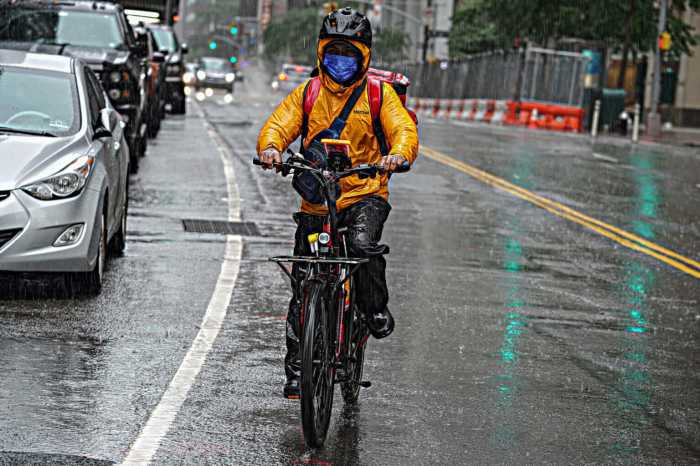
Manhattan District Attorney Cyrus Vance said on Tuesday he would stop prosecuting marijuana possession and smoking cases, the same day as the police department formed a working group to evaluate its marijuana-related arrests and summonses.
Vance’s announcement comes as his office released a report detailing how black and Hispanic people living in neighborhoods predominantly of color are arrested on marijuana-related offenses at a much higher rate than people in predominantly white neighborhoods.
“The dual mission of the Manhattan D.A.’s Office is a safer New York and a more equal justice system,” Vance said in a statement. “The ongoing arrest and criminal prosecution of predominantly black and brown New Yorkers for smoking marijuana serves neither of these goals.”
Vance said that while the Manhattan DA’s office will decline to prosecute all related cases, he will hear limited exceptions if the mayor or police commissioner demonstrate there is a concern to public safety. The new policy will go into effect in August.
Vance said he expects to see a 96 percent decrease in marijuana prosecutions, from about 5,000 per year to about 200.
In 2014, late-Brooklyn District Attorney Kenneth Thompson said the office would no longer prosecute most first-time offenders arrested for possessing small amounts of marijuana. On Tuesday, Brooklyn District Attorney Eric Gonzalez said in a statement the office needs “to do more to ensure fairness and trust in our system.”
Gonzalez said Brooklyn started declining to prosecute some instances of smoking marijuana in public when a nuisance was not created as part of a pilot program created three months ago.
“In the coming weeks, we will work with the Police Department and the mayor to identify the very small number of exceptions that raise public safety concerns, and any case that does not fall within these exceptions will no longer be prosecuted,” he added.
In the Bronx, DA Darcel Clark urged the NYPD in a statement Tuesday to issue criminal court summonses “during stops for public use and possession of marijuana to address the public safety and community concerns.”
Also on Tuesday, Police Commissioner James O’Neill said the NYPD will form a 30-day working group to address marijuana-related issues, which will consult several experts, including the Mayor’s Office of Criminal Justice, advocacy organizations, those involved in academics, and attorneys.
O’Neill’s announcement comes a day after he said the department is “addressing” a disparity in marijuana-related enforcement affecting minority New Yorkers during a City Council budget hearing. But O’Neill added that officers do not target “any people of color who have no nexus to violence.
“The NYPD has no interest in arresting New Yorkers for marijuana offenses when those arrests have no impact on public safety,” O’Neill said in a statement. “The Working Group will review possession and public smoking of marijuana to address public concerns in the fairest way possible, while also promoting public safety and quality of life for all New Yorkers.”
O’Neill also pointed to the fact that marijuana arrests are down 32 percent since 2014 when it was the top charge, and summonses are up 57 percent in the same time period.
A report from Comptroller Scott Stringer’s office released Tuesday criticized the NYPD for arresting young black men at a “disproportionately high rate.”
In his statement, O’Neill said the NYPD affects a marijuana-related arrest or summons based on officer observations, 911 or 311 calls, and from meetings with community representatives such as tenant associations or community council meetings.





























